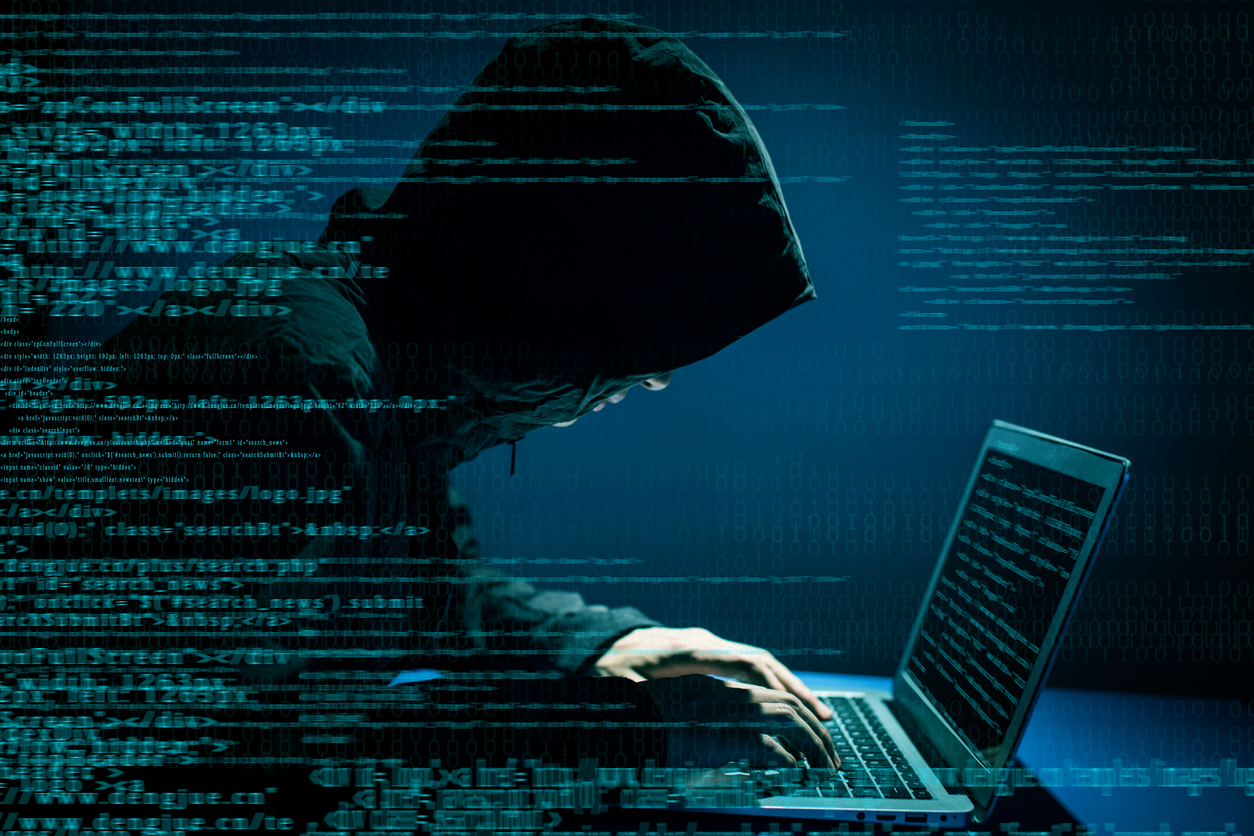The Riviera Beach City Council voted unanimously this week to pay the hackers' demands, believing the Palm Beach suburb had no choice if it wanted to retrieve its records, which the hackers encrypted. The council already voted to spend almost $1 million on new computers and hardware after hackers captured the city's system three weeks ago.
The hackers apparently got into the city's system when an employee clicked on an email link that allowed them to upload malware. The city had numerous problems, including losing its email system and 911 dispatchers not being able to enter calls into the computer.
According to the U.S. Department of Homeland Security, ransomware is the fastest growing malware threat, targeting both individuals and organizations. In 2018, the massive "SamSam" virus disrupted the flight information system, baggage displays and email at Cleveland Hopkins International Airport, while another attack crippled computers at the Port of San Diego.
City governments in Atlanta, Newark, N.J., and Sarasota, Fla., also have been hit by ransomware schemes. And hackers have taken the information systems of dozens of U.S. hospitals hostage.
"Ransomware is commonly delivered through phishing emails or via 'drive-by downloads,'" according to Homeland Security. "Phishing emails often appear as though they have been sent from a legitimate organization or someone known to the victim and entice the user to click on a malicious link or open a malicious attachment."
The FBI, Homeland Security and U.S. Secret Service are investigating the Florida attack, according to The Palm Beach Post.












